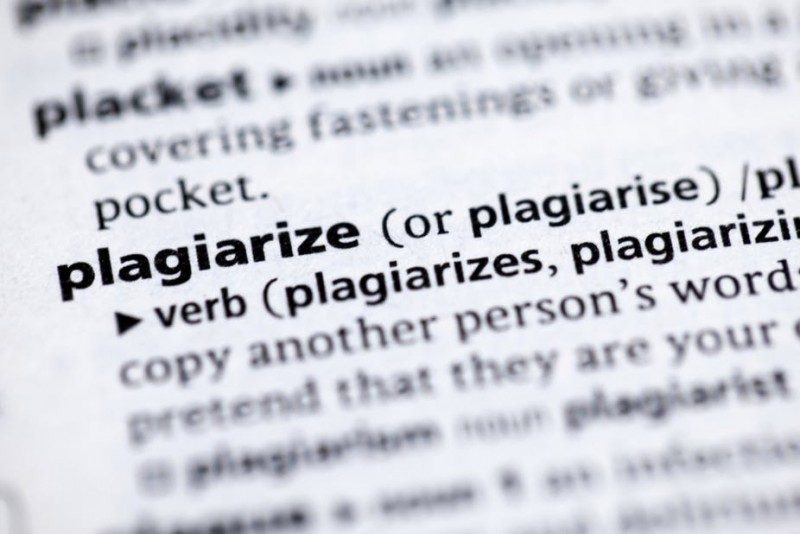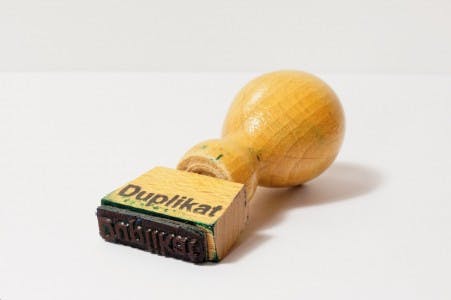In The Dark Side of SEO Parts I and II we took apart some of the common myths about SEO and talked about sound strategies for things like link building. However, there are a few other SEO myths floating around out there in regard to duplicate content which cause some online business owners to spin their wheels and do more work than they need to in order to create content.
Here are the things which are going to be clarified in this article:
- Duplicate Content: find out what constitutes duplicate content and what doesn't. Learn the difference between plagiarism and duplicate content and how to deal with copyright violations.
- Mini Sites: find out how to use them without being penalized or labeled as a link farm. Find out how many sites are too many and how to use mini sites to generate organic traffic.
- Content Marketing According to the Masters: Learn what the top gun internet marketers are saying about content marketing and how duplicate content really affects your online presence.
Duplicate Content
Just about everyone who has an online business knows how important fresh and relevant content is to their site's SEO. However, growing concerns about duplicate content penalties and plagiarism are causing many myths to be circulated and a lot of site owners are being misled.
What constitutes duplicate content?
Two variables are required in order for content to qualify as negative use of "duplicate content". The first is that it has to be a word-for-word copy of the original content. If there is either a 30% difference or more the content is no longer considered to be duplication. This is why the 30% rule is used in approval guidelines for sites like "Ezine Articles."
This is mostly done by web owners who either do not understand the stigma behind duplicating content or maliciously creating content on purpose by Web owners who are less than honest. Sometimes honest web owners become victims of this type of duplicated content from outsourcing their work to content farms or less than reputable freelancers.
The second variable is that negative use of "duplicate content" will not contain a LINK to the original content or article. This is known as "content scraping" in which the original content is copied verbatim without linking to the original. The difference is that as long as there is a link to credit the original article publisher, that link can be followed by the Google bot and it can verify which content is original.
Plenty of blogs are built by the use of content syndication where the original source is copied verbatim linked to and these blogs do just fine with the search engines. It is when the link is absent that the content gets removed from the Google index due to being regarded as "duplicate content."
What about plagiarism?

Unfortunately, content scraping is not protected by copyright laws. As long as the person who is using the content has some kind of notation (linked or not) giving you credit, it is not counted as plagiarism. However, if the person does NOT include an acknowledgment you can file a Digital Millennium Copyright complaint against them.
Using Mini-Sites
The use of mini-sites is becoming popular for people who want to optimize a secondary site for a specific long-tail keyword. For example, if their home site is for a patent attorney firm, they might build the following mini sites on the same server or IP address in order to either link back to their original site:
- Los Angeles Patent Attorney
- Patent litigation attorney
- Patent litigation law firm
Each mini-site would use the long tail keyword for the domain name and would contain content that promoted the main website. While mini-sites can be very effective, Google has also been known to remove them from the index If there are too many sites on one IP address or server.
According to Matt Cutts of Google, as long as you are providing unique content on each site and have 5 to 20 of them you're probably alright. However, having hundreds or thousands of sites with very similar content and layouts or having sites that all contain the same JavaScript redirect to the original site is something that you'll want to avoid.
Many Webmasters use these mini-sites to duplicate content. Just because you wrote the content does not mean you can spread it all over the place. Google will still penalize you for duplicate content throughout your site. So, if you have an article that you absolutely love and you feel it belongs on more than one spot on your site, make sure you create a link from the original to avoid Google penalizing you for what they consider to be plagiarism, but may really only be lazy web mastering.
Some Words for the Masters
A lot of site owners are unclear as to what the dangers of duplicate content really are. However, many of the best online marketers such as Mitch Meyerson, Ali Brown and Frank Rumbauskas claim that a good content creation strategy is all that you need to avoid problems with duplicate content.
For example, in his book "The Never Cold Call Again Online Playbook" Frank Rumbauskas claims that having the same content on Ezine or another article directory as you have on your site is no problem. The problems arise for the internet marketer when you have duplicate content under the same domain.
Other experts like Mitch Meyerson, Charlie Page, and Ali Brown stress that if you focus on fresh and relevant content which adds value to your customers' lives, you need not worry about duplicate content issues. Also, there are methods such as article spinning and article rewriting which can be used to recycle the content which you have already created for your site or for a content delivery site.
Conclusion
Always remember that the objective is to build trust with your customers by providing them with valuable and relevant content. Likewise, this is what the search engines are trying to provide for people. If you harmonize your objective with the objective of the search engines, you will be sure to build a strong online presence and page rank.
If you LOVE what another writer has said and feel it is relevant to your site, ask permission to link it, or at the very least, add the link back to the original when placing it on your site. Otherwise, steer clear of copying anyone’s content, not only for your own personal reputation but for your Google rankings as well.
Google will penalize you for having duplicate content, sometimes to the level of removing your site from their searches altogether.
If you cannot write fresh content, or simply do not have the time, hire a writer to do it for you. The cost for content is by far cheaper, even from a highly regarded writer than to have a marketing campaign destroyed by a Google penalty or ban.
More information about duplicate content rules
http://www.sitepoint.com/blogs/2009/03/07/seo-for-google/
Filing a Digital Media Copyright Complaint
Follow the link below if you feel that your content has been duplicated on another site or used without your permission. You can check for duplicated content on Copyscape.com. The site provides you with a detailed list of where the content can be found, even if just a section. Otherwise, you can copy the content into Google’s search box and hit enter to find content that matches your own.
Since so many similar websites exist, it is considered good practice to run all of your content through Copyscape before placing it on your website. This ensures that you have not accidentally duplicated someone’s work too closely and gives you the opportunity to fix it before it goes live and possibly creates a penalty for you and your site.
http://www.google.com/dmca.html
